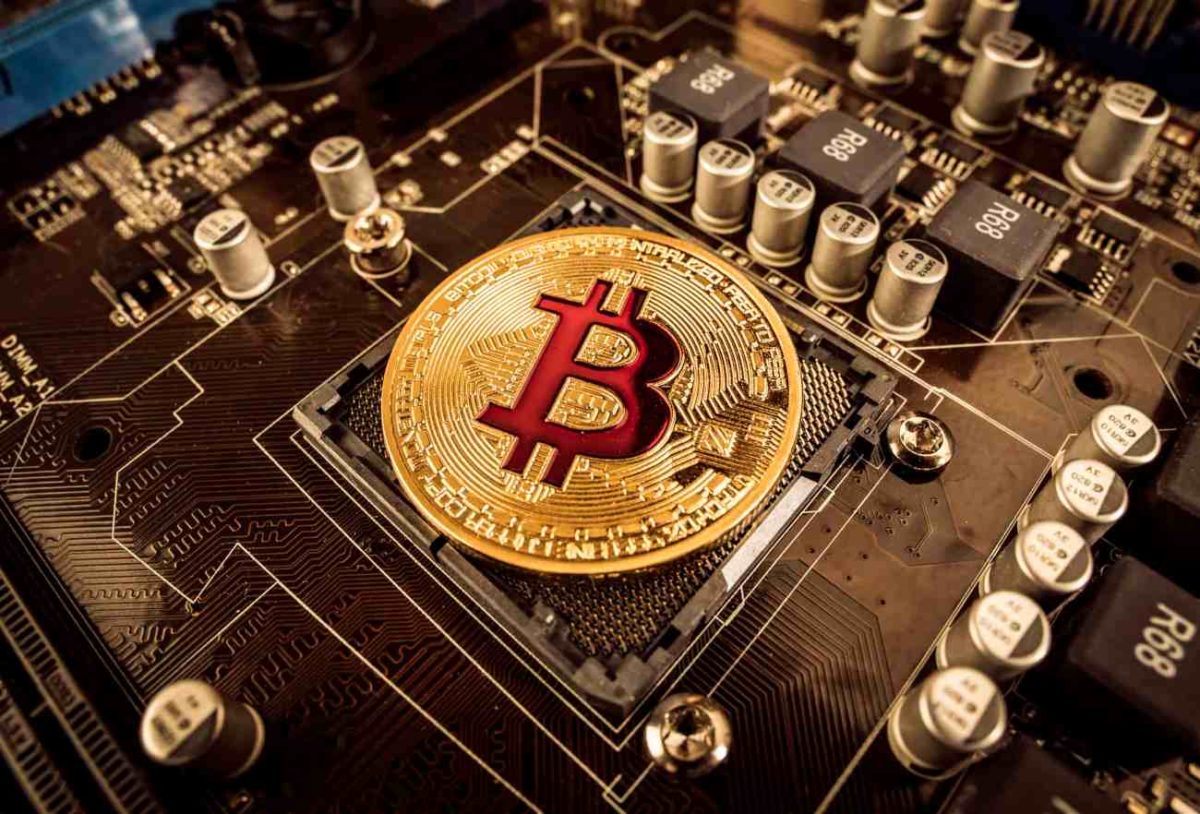Bitcoin Miners Turn to AI Amid Rising Energy Costs and Declining Profits
Bitcoin mining has become less profitable due to increasing energy costs and shrinking rewards. As a result, many miners are selling their Bitcoin holdings and turning to alternative fields like artificial intelligence (AI). This article explores the challenges Bitcoin miners face and how AI presents new opportunities.
Bitcoin Mining’s Decreasing Profits
Bitcoin mining, once a lucrative business, has faced growing challenges. Rising energy costs have eaten into miners’ profits, and even a recent 12% increase in Bitcoin’s price in 2024 hasn’t been enough to offset these issues. Jefferies, a global investment bank, reported in August 2024 that Bitcoin miners experienced an 11.8% drop in daily revenue, making it harder for them to turn a profit.
The Effect of Bitcoin’s Halving
The Bitcoin halving event, which reduces mining rewards every four years, further compounds the problem. This year’s halving cut the mining reward from 6.25 to 3.125 Bitcoins per block. While this mechanism helps preserve Bitcoin’s value, it makes the mining business even more difficult. Several prominent mining companies, including Marathon Digital and Riot Platforms, have seen significant drops in stock prices due to the resulting financial strain.
Wall Street’s Tough Stance on Bitcoin Miners
Many Bitcoin mining companies have invested heavily in improving their technology, acquiring more efficient machines that consume less energy and offer higher processing power. However, these advancements haven’t been enough to reassure investors, leading to declines in stock prices for companies in the industry. Jason Les, CEO of Riot Platforms, believes that miners must achieve lower costs to remain profitable in an increasingly competitive market.
Moving to AI and High-Performance Computing
As profits from Bitcoin mining dwindle, many miners are shifting to AI and high-performance computing. Core Scientific, a major Bitcoin mining firm that filed for bankruptcy in early 2024, pivoted to AI. The company secured a large AI-related deal that significantly boosted its stock price, demonstrating the potential of this new focus.
The Growing Interest in AI
Bitcoin miners already possess the high-performance hardware needed for AI processing. By transitioning to AI, they can enter a rapidly growing market with fewer energy constraints compared to Bitcoin mining. AI projects are also less energy-intensive and offer more stable revenue opportunities. Miners can leverage this infrastructure to secure contracts from tech companies, universities, and governments seeking AI solutions.
The Future of Bitcoin Mining
The future of Bitcoin mining remains uncertain. Rising energy costs, declining rewards, and increasing competition present significant challenges. Companies like Marathon Digital and Riot Platforms must either diversify into new areas like AI or risk financial failure. However, those who successfully transition to AI and high-performance computing may thrive in this changing landscape.
Cheap Remote Crypto Mining for you – Click Here
Using AI to Help Struggling Miners
Several companies are already exploring AI as a way to diversify their business models. Core Scientific has made significant strides by utilizing powerful GPUs for both cryptocurrency mining and AI tasks. This diversification allows them to generate revenue from multiple sources, reducing their reliance on Bitcoin’s volatility.
New Technology and Mining Efficiency
In addition to exploring AI, some miners are investing in cutting-edge technology to boost mining efficiency. According to Fred Thiel, CEO of Marathon Digital, new mining machines offer double the processing power while using the same amount of energy as older models. This could help miners stay competitive, even with rising energy costs. However, it remains unclear whether these technological improvements will be enough to offset declining rewards.
Finding New Ways to Make Money
As the mining industry evolves, finding new revenue streams has become essential. Core Scientific’s move into AI and high-performance computing, with support from partners like CoreWeave and Nvidia GPUs, provides a successful blueprint. Other mining companies may need to follow a similar strategy or explore additional services, such as offering cloud computing, to stay competitive in the future.
Conclusion
The Bitcoin mining industry is facing tough challenges, including higher energy costs, lower rewards, and stiffer competition. While Bitcoin’s rising value offers some relief, it’s not enough to save many miners from financial hardship.
To survive, some miners are turning to AI and high-performance computing as more profitable alternatives. The future of Bitcoin mining will largely depend on how well companies can adapt. Those who embrace new technology and diversification will likely fare better than those who stick to traditional methods.


